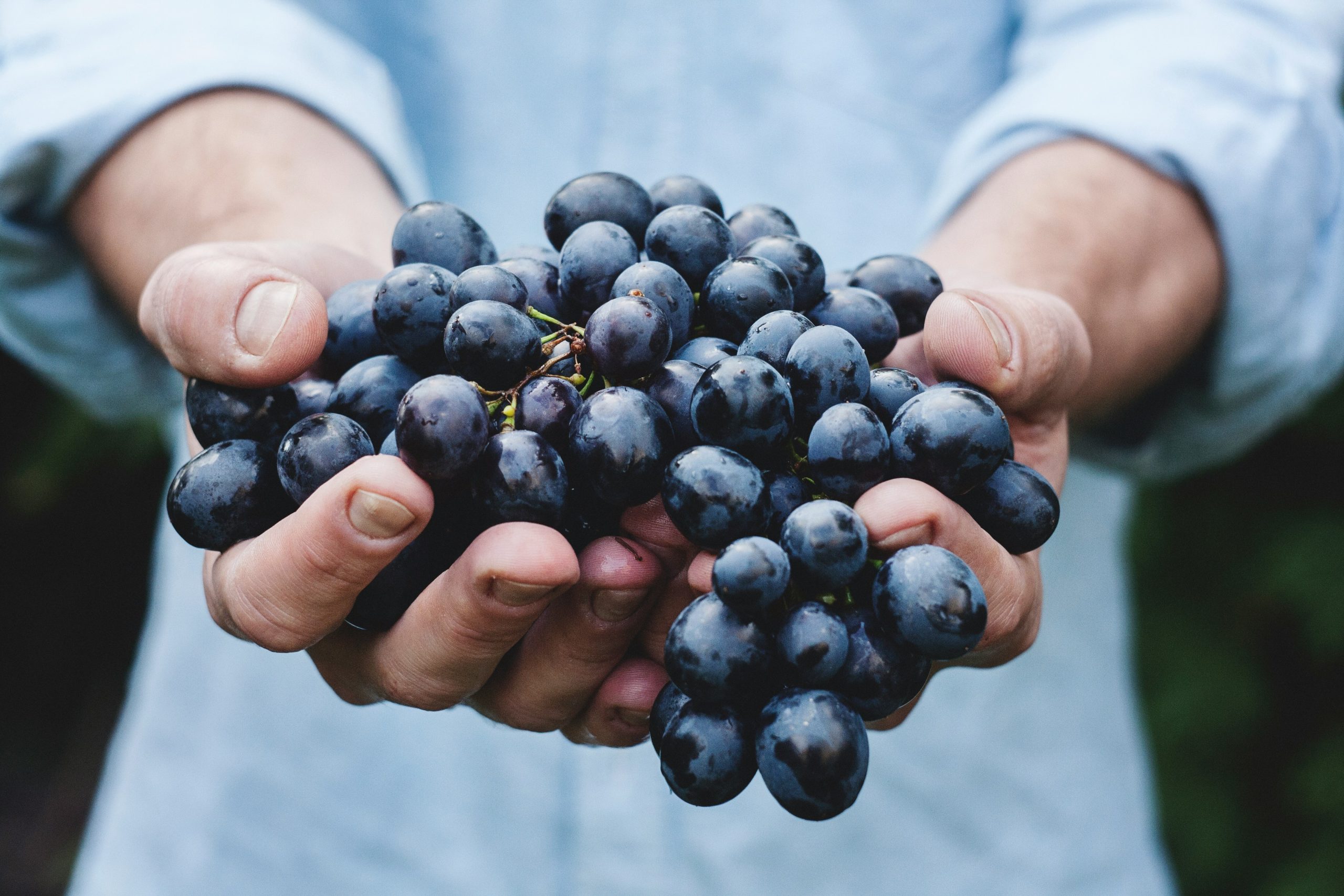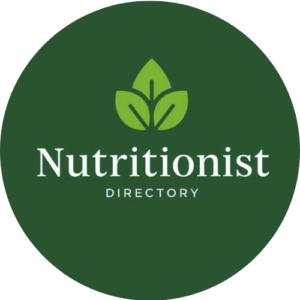
How Nutrition Can Help Improve Renal Health
How Nutrition Can Help Improve Renal Health
Introduction
Kidneys play a crucial role in filtering waste and excess fluids from the blood, maintaining a balance of electrolytes, and supporting overall health. However, poor dietary choices can strain the kidneys, leading to chronic kidney disease (CKD) and other renal issues. Fortunately, proper nutrition can help support kidney function and prevent further damage. This article explores the connection between diet and renal health, offering practical advice on the best foods to include in your diet and those to avoid.
Section 1: Understanding the Link Between Diet and Renal Health
The kidneys are vital organs responsible for filtering out toxins and maintaining the body’s fluid and electrolyte balance. A healthy diet is essential in supporting these functions and preventing kidney damage. Chronic kidney disease (CKD) is often exacerbated by poor dietary habits, particularly excessive intake of sodium, phosphorus, and protein. As kidney function declines, waste products build up in the blood, leading to a range of health issues.
Key factors linking diet to renal health:
- Sodium: High sodium intake can cause fluid retention, high blood pressure, and strain the kidneys, worsening kidney disease.
- Phosphorus: Excess phosphorus can build up in the blood when kidney function is compromised, leading to weakened bones and cardiovascular issues.
- Protein: While protein is necessary for overall health, excessive protein intake can put additional strain on the kidneys, especially in individuals with CKD.
Maintaining a balanced diet that limits these risk factors can slow the progression of kidney disease and support overall renal health.
Section 2: Renal-Friendly Nutrients to Include in Your Diet
To promote renal health, it’s essential to focus on specific nutrients that support kidney function and reduce the risk of further damage.
1. Potassium
While potassium is crucial for heart health, individuals with CKD need to manage their potassium intake carefully, as the kidneys may struggle to balance potassium levels. In cases of advanced kidney disease, high potassium levels can lead to serious heart complications. However, those with early-stage kidney disease may still benefit from potassium-rich foods, such as:
- Bananas
- Sweet potatoes
- Spinach
2. Calcium
Calcium is essential for bone health, but it’s important to balance calcium intake with phosphorus. Excessive phosphorus can hinder calcium absorption, leading to weakened bones. Good sources of calcium include:
- Low-fat dairy (in moderation for those with CKD)
- Leafy greens like kale and bok choy
- Fortified plant-based milks
3. Omega-3 Fatty Acids
Omega-3 fatty acids have anti-inflammatory properties that can benefit overall kidney health by reducing inflammation and blood pressure. Sources include:
- Fatty fish like salmon, mackerel, and sardines
- Flaxseeds and chia seeds
- Walnuts
4. Fiber
Fiber aids in digestion and helps regulate blood sugar levels, which is crucial for those with kidney disease, especially if diabetes is a contributing factor. Sources of fiber include:
- Whole grains (limit in CKD due to phosphorus content)
- Fruits like apples and berries
- Vegetables like broccoli and carrots
5. Water
Staying hydrated is essential for kidney health, as it helps the kidneys flush out toxins and prevent kidney stones. However, individuals with advanced CKD may need to manage their fluid intake to avoid overloading the kidneys.
Section 3: Foods to Avoid for Better Renal Health
Managing renal health requires careful attention to certain foods that can exacerbate kidney problems. Here are some key foods to avoid or limit:
1. High-Phosphorus Foods
- Sources: Processed foods, dairy products, nuts, seeds, and colas.
- Impact: Excessive phosphorus can accumulate in the blood when kidneys are not functioning properly, leading to bone and heart issues.
2. Excessive Sodium
- Sources: Canned soups, processed meats, salty snacks, and fast food.
- Impact: High sodium intake can lead to fluid retention, high blood pressure, and increased strain on the kidneys.
3. High-Potassium Foods
- Sources: Bananas, oranges, potatoes, and tomatoes.
- Impact: For those with advanced CKD, high potassium levels can lead to dangerous heart complications. Managing potassium intake is crucial.
4. Excessive Protein
- Sources: Red meat, poultry, fish, and dairy products.
- Impact: While protein is essential, too much protein can strain the kidneys, especially in individuals with CKD. A balanced protein intake is necessary.
5. Artificial Sweeteners
- Sources: Diet sodas, sugar-free snacks, and certain processed foods.
- Impact: Some artificial sweeteners can worsen kidney function, so it’s important to limit or avoid them.
Section 4: Practical Tips for a Renal-Friendly Diet
Incorporating renal-friendly foods into your diet doesn’t have to be complicated. Here are some practical tips to help you manage your renal health through nutrition:
1. Limit Processed Foods
Processed foods are often high in sodium and phosphorus, which can strain the kidneys. Opt for fresh, whole foods instead.
2. Monitor Protein Intake
Work with a healthcare provider or dietitian to determine the right amount of protein for your needs. Choose high-quality protein sources and avoid excessive intake.
3. Be Mindful of Potassium
If you have CKD, monitor your potassium levels and adjust your diet accordingly. Limit high-potassium foods if necessary and choose lower-potassium alternatives.
4. Stay Hydrated
Drink water throughout the day, but follow your healthcare provider’s advice on fluid intake, especially if you have advanced CKD.
5. Cook at Home
Preparing meals at home allows you to control the amount of sodium, phosphorus, and potassium in your diet. Use fresh herbs and spices to flavor your food instead of salt.
Section 5: Long-Term Benefits of a Renal-Friendly Diet
Maintaining a renal-friendly diet offers numerous long-term benefits, particularly for those at risk of or managing CKD. These benefits include:
- Slowed Progression of Kidney Disease: A well-balanced diet can help prevent further damage to the kidneys and slow the progression of CKD.
- Improved Blood Pressure Control: Managing sodium and potassium intake helps regulate blood pressure, reducing the risk of hypertension and its impact on kidney health.
- Better Blood Sugar Management: A diet rich in fiber and low in refined sugars can help regulate blood sugar levels, crucial for those with diabetes and CKD.
- Reduced Risk of Kidney Stones: Staying hydrated and avoiding excessive sodium can prevent the formation of kidney stones, which can further damage the kidneys.
Conclusion
Nutrition plays a vital role in maintaining and improving renal health. By understanding the impact of different foods and nutrients on your kidneys, you can make informed dietary choices that support kidney function and overall health. Incorporating renal-friendly foods, avoiding harmful ingredients, and adopting sustainable eating habits can significantly enhance your quality of life and protect your kidneys in the long run.

